Change font size

Award Winners
Preliminary shortlist
To make Tokyo a fashion hub on par with Paris, Milan, New York, and London,
the Tokyo Metropolitan Government is taking steps to promote the fashion and apparel industry.
Japan has wonderful cultural content, such as kimonos,
and we believe that promoting these traditions to the world in a new form through
the power of modern fashion is an important initiative that will not only promote the industry
but will also contribute to the SDGs and sustainability.
This project will help to boost the fashion and apparel industry
by promoting a wide range of fashion from Tokyo that everyone can enjoy.
NEWS
-
28.3.2023
Sustainable Fashion Design Award (Apperel category) winners have been selected.
-
28.3.2023
Sustainable Fashion Design Award (Fashion Goods category) winners have been selected.
-
28.3.2023
Introduction of the Final Review Fashion Show
-
3.2.2023
Sustainable Fashion Design Awards (Apparel category) The preliminary shortlist has been selected.
-
3.2.2023
Sustainable Fashion Design Awards (Fashion Goods category) The preliminary shortlist has been selected.
-
7.10.2022
Sustainable Fashion Design Awards Application is now open.
-
7.10.2022
Project site is now online.
Competitions overview
Application period
Friday, 7 October

Amateur designers residing, working, or studying in Tokyo.
(Groups are also accepted)
- There are no age, sex, or nationality restrictions.
- Anyone can apply if they are amateurs and meet the applicant criteria.
- For group applications, all members of the group must consent to apply.
- Professional kimono, apparel and accessory designers are not eligible.
- You will be asked to produce your work during the judging process, so you must be able to cope with this.
Categories
-
01
Apparel
Garments designed to make use of
kimono fabrics, etc. -
02
Fashion Accessories
Bags, accessories, stoles/scarves, shoes, etc.,
designed to make use of kimono fabrics, etc.
Grand
Prize
One winner
(or group)
per category
Prize
money
1,000,000JPY
Excellence Award
Two winners
(or groups)
per category
Prize
money
500,000JPY
Selection process
-
1
Entry
Those wishing to participate must enter by submitting the application form.
-
2
Application form submission
Application period: Friday, 7 October to Wednesday, 7 December 2022
-
3
Preliminary judging
Design drawings are judged.
-
4
Preliminary judging results
The office will contact only those who made the shortlist.
-
5
Production support, business experience, production of assessment samples.
We offer production and PR advisory opportunities and production support from professionals.
-
6
Produce the piece for the final judging
You are required to create three looks/items for the final judging.
-
7
Final judging
The Grand Prize and Excellence Awards will be selected based on submitted entries.
Judges
-

Finals judge
President, LVMH Moët Hennessy Louis Vuitton Japan
Mr Norbert Leuret
Born in France. Mr Leuret began his career in Japan in 1983 at the Honorary Consulate of France, the Embassy of France. In 1997, he was appointed President of Kenzo Japan. In 2003, he was appointed President of Hachette Fujingaho Co., Ltd. and Representative Director and CEO of Zara Japan. He has been in his current post since 2016.
-
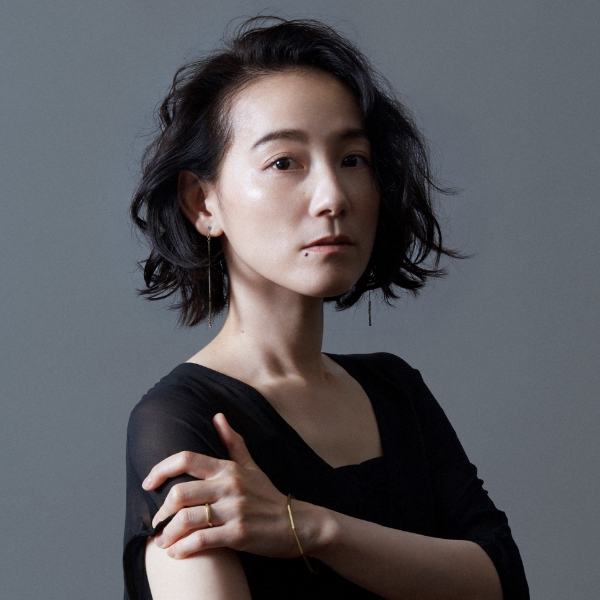
Finals judge
Designer/artist
Ms Tomoe Shinohara
Ms Shinohara is a design major graduate of the Faculty of Fashion Science at Bunka Gakuen University Junior College. Through her activities as a singer, narrator, and actress, she has worked in various fields, including films, dramas, and adverts. In 2020, she established her creative studio STUDEO, together with art director Tatsuki Ikezawa. The Ezo deerskin kimono they produced won two New York ADC Awards, an international advertising award.
-
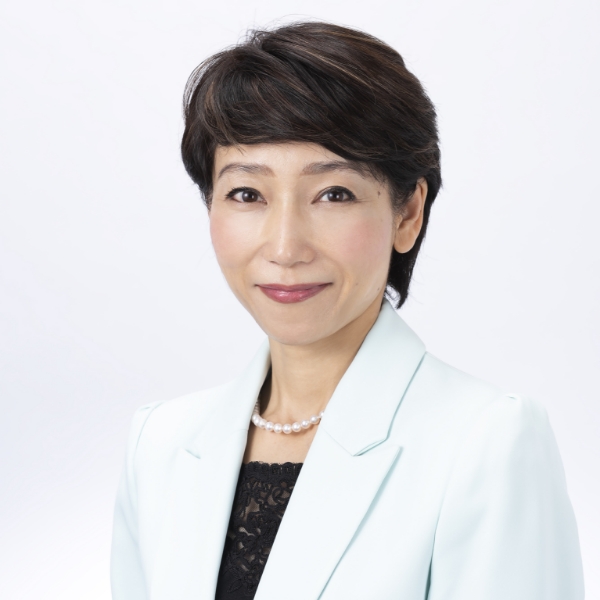
Preliminary judge
General manager, LVHM Watch & Jewellery Japan Division Director and General manager, Chaumet
Ms Naoko Kabaya
Ms Kabaya is a graduate of the Faculty of Law, University of Tokyo. After working as an analyst in the M&A department of a foreign financial institution and as a consultant for a foreign consulting company, she held positions in planning, retail, marketing and digital marketing at Cartier, Louis Vuitton, and De Beers Diamond Jewellers before assuming her current position as general manager of Chaumet, a Paris-based high-end jeweller since the 18th century, in Japan.
-
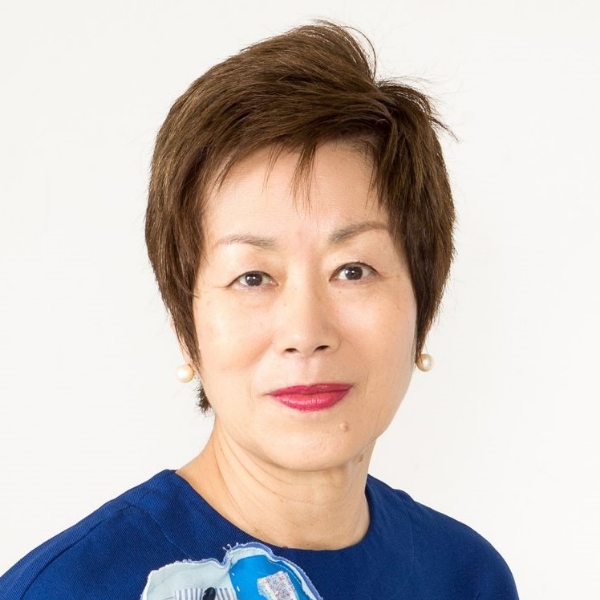
Preliminary judge
Curator/Chairwoman, The Kyoto Costume Institute
Ms Akiko Fukai
Ms Fukai has worked for the Kyoto Costume Institute since 1979 and has organised the Japonisme in Fashion exhibition and other exhibitions. She is currently the chairman and honorary curator. She was awarded the Mainichi Fashion Grand Prix Special Prize in 1989, the Commissioner for Cultural Affairs Award in 2008 and the Award for Distinguished Service to Art by Kyoto City in 2011. She was appointed a member of the Academic Committee of the Musée Yves Saint Laurent Paris in 2017. She is the author of Kimono and Japonisme and other publications.
-
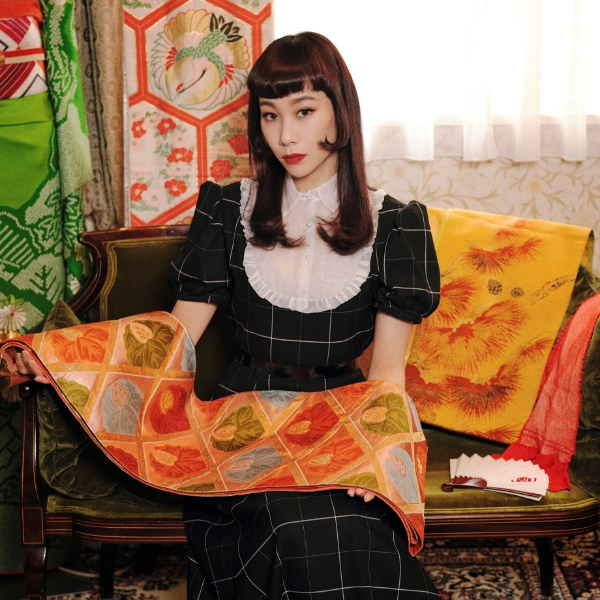
Preliminary judge
DJ/Kimono stylist
Mademoiselle Yulia
Mademoiselle Yulia began working as a DJ and singer in her teens. After graduating from Kyoto University of Arts, she has been DJing, writing columns, styling kimonos, and holding classes in kimono dressing. In 2020, she styled the main visual elements for the kimono exhibition at the Victoria and Albert Museum in the UK. Her YouTube channel, Lily and Kimono, is streamed weekly.
Guest advisor
-
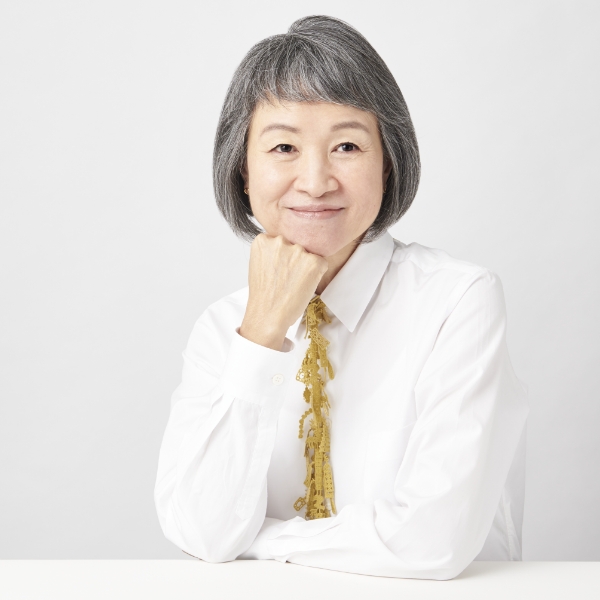
Photo by Masayuki Hayashi
Textile designer
Ms Reiko Sudo
Ms Sudo was born in Ishioka, Ibaraki Prefecture. She is the design director of the NUNO Corporation and professor emeritus at Tokyo Zokei University. Since 2008, she has been advising on textile design for Ryohin Keikaku, Yamagata Prefecture Tsuruoka Textile Industry Co-operative and others, and since 2016 has been on the advisory board of Ryohin Keikaku Co., Ltd. Her work is in the permanent collections of the Museum of Modern Art in New York, the Los Angeles County Museum of Art, the Victoria and Albert Museum and others.
Key points for judging
(Kimono fabrics are materials made for kimono.)
Items judged to be outstanding in terms of design, functionality, novelty, and marketability,
including the use of kimono fabrics, etc.
The judging is also based on a combination of factors,
including a willingness to take on challenges,
such as the continuation of traditions and innovation.




